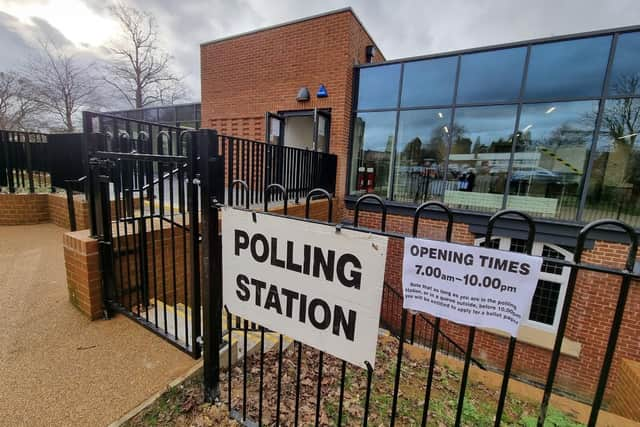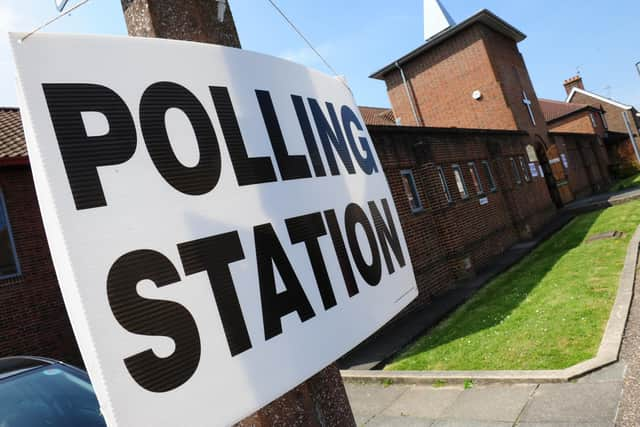Local elections 2023: How to apply for Voter Authority Certificate ahead of May elections - deadline
and live on Freeview channel 276
If you’re planning to vote in the May local elections you will need to be more prepared than usual as new rules have come into force for voters. From May 4, people voting in person at a number of elections including local and UK Parliament by-elections will need to bring photo ID with them to cast their vote.
In April 2022, the Elections Act 2022 was passed by the UK Parliament to require voters in Great Britain to show photo ID before being issued a ballot paper in polling stations at UK Parliamentary elections, local council elections and referendums in England and police and crime commissioner elections in England and Wales. Proxy voters, voting on behalf of someone else will also need to take their own ID with them to the polling station.
Advertisement
Advertisement
The new rule comes after the Electoral Commission published a report on electoral fraud in the UK in 2014. The government website says there was no evidence to suggest there have been widespread, systematic attempts to undermine or interfere with recent elections through electoral fraud. However, it did find that the lack of a requirement to show ID at polling stations was an “actual and a perceived weakness” of the UK electoral system.
If you do not have any valid ID, do not worry as you still have a chance to vote by applying for a Voter Authority Certificate. The certificate can be issued with just a digital photo and your National Insurance number to ensure everyone still has access to vote.
Voter Authority Certificate - how to apply
If you do not have a valid photo ID you can apply for a voter authority certificate. It is free of charge and you will just need a recent, digital photo of yourself and your national Insurance Number. However, if you are using this service, you will need to apply for your certificate ahead of the election using the government website.
You can still apply if you do not have a National Insurance number - you’ll need to provide other documents to prove your identity, for example, a birth certificate, bank statement and utility bill. However the deadline to apply for a Voter Authority is looming as you need to do so before April 25 at 5pm.


Types of elections requiring photo ID
- UK Parliament by-elections
- local elections in England (including councils, mayors, the Greater London Authority and parishes)
- recall of MP petitions in England, Scotland and Wales
- Police and Crime Commissioner elections in England and Wales
- neighbourhood planning referendums and Business Improvement District referendums in England
- local authority referendums in England (including Council Tax increase referendums)
- There are different rules if you vote in Northern Ireland.
Valid photo ID at elections
- a UK or Northern Ireland photocard driving licence (full or provisional)
- a driving licence issued by the EU, Norway, Iceland, Liechtenstein, the Isle of Man or any of the Channel Islands
- a UK passport
- a passport issued by the EU, Norway, Iceland, Liechtenstein or a Commonwealth country
- a PASS card (National Proof of Age Standards Scheme)
- a Blue Badge
- a biometric residence permit (BRP)
- a Defence Identity Card (MOD form 90)
- a national identity card issued by the EU, Norway, Iceland or Liechtenstein
- a Northern Ireland Electoral Identity Card
- a Voter Authority Certificate
- an Anonymous Elector’s Document


You can also use one of the following travel passes as photo ID when you vote
- an older person’s bus pass
- a disabled person’s bus pass
- an Oyster 60+ card
- a Freedom Pass
- a Scottish National Entitlement Card (NEC)
- a 60 and Over Welsh Concessionary Travel Card
- a Disabled Person’s Welsh Concessionary Travel Card
- a Northern Ireland concessionary travel pass
- The photo on your ID must look like you. You can still use your ID even if it has expired.
